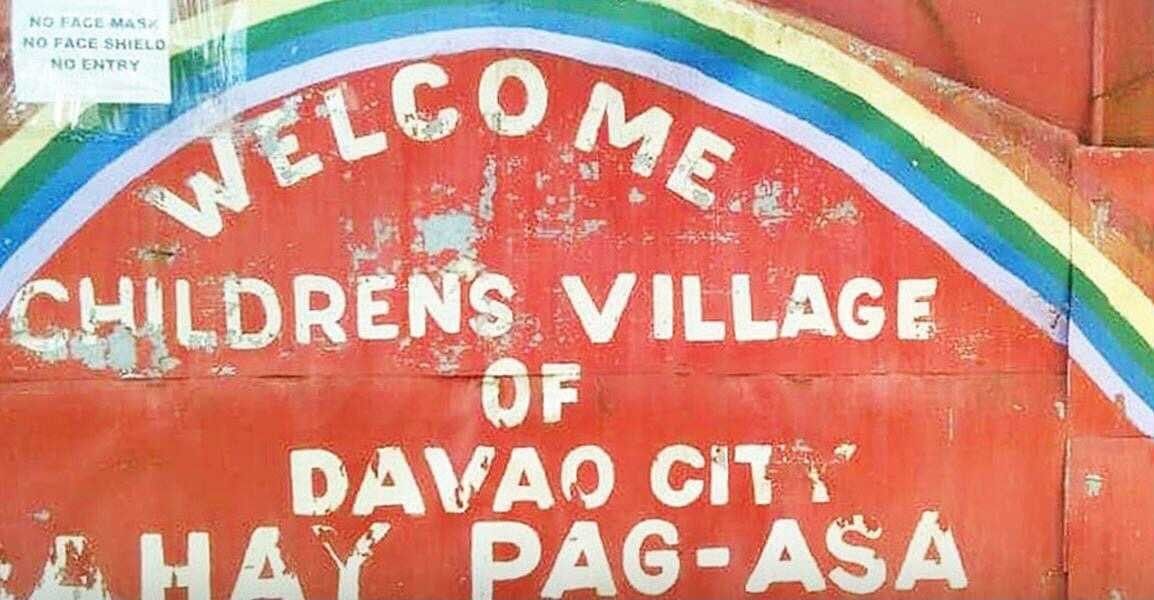CHR seeks better facilities for juvenile offenders after COVID-19 outbreak

MANILA, Philippines — The Commission on Human Rights has called for improved conditions in detention centers for juvenile offenders, after an outbreak of the coronavirus was declared in a Davao City facility that led to minors being infected.
Sun.Star Davao reported on February 19 that 49 Children In Conflict with the Law tested positive for the virus out of the 105 at the Davao City Children's Village or Bahay Pagasa in the Tugbok district.
Dr. Ashley Lopez, the city's acting health office chief, was quoted as saying the patients were only brought to a separate tent in the center as they could not be transferred to monitoring facilities outside because of the risk they might escape.
The 49 were held in isolation for days and are all asymptomatic, the report said, adding that medical assistance and more medical and security personnel were sent to the Bahay Pagasa.
Lawyer Jacqueline de Guia, CHR spokesperson, said the risk of the coronavirus underscores the need to reduce the number of children in facilities for their protection as well as of staff members.
"We maintain that, under any circumstance, deprivation of liberty is never in a child’s best interest," the agency said in a statement on Wednesday. "For young men and women in juvenile detention, the pandemic has put an added emotional weight by being in isolation from their families and communities back home."
CHR said mental and psychosocial support should be offered to the juvenile offenders, and concerned agencies should give more means for them to connect with their families even through teleconferencing.
Further, the agency urged government to look into the possibility of releasing child detainees, particularly those detained with their trial yet to begin, those with low-level nonviolent offenses as well as those with medical conditions that could be worsened or result in death due to a COVID-19 infection.
Those in detention, especially children, should also have equal access to vaccination, the CHR said. Noticeably, the administration has so far not mentioned plans on how inoculations would take place for those in jails, where with not enough spaces for physical distancing, are exposed more to the risk of the virus.
In May 2020, the Philippine Center for Investigative Journalism in a report carried by Philstar.com detailed how Persons Deprived of Liberty have to live in congested facilities with deplorable conditions that lack proper health care, hygiene and nutrition.
By August of last year, the Supreme Court said over 58,000 inmates, including CICLs, had been released since the pandemic began.
The high court also ordered trial courts to speed up the release of qualified PDLs to decongest jails and curb the virus' spread.
"Failure to address the needs of children deprived of liberty or delayed implementation of coordinated responses can increase suffering, cause irreparable damage to children, and can comprise the health and safety of the whole community," CHR's statement continued.
It said that it will tap its regional office in Davao to look into the situation of juvenile offenders in the city to investigate if human rights violations were committed against them. — Christian Deiparine
- Latest
- Trending
































